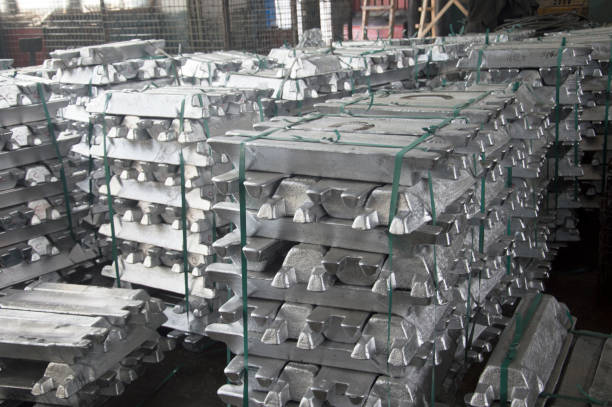Machining is a critical process in manufacturing, particularly in the production of castings. In recent years, the use of machined castings has become increasingly popular in the manufacturing industry. These castings are produced by pouring molten metal into a mold, allowing it to solidify, and then machining it to the desired shape and size. This process has several advantages over traditional casting methods, which we will explore in this article.
Firstly, machined castings offer improved accuracy and precision. The machining process allows for tight tolerances to be achieved, resulting in components that are more accurate and consistent in size and shape. This is particularly important in industries such as aerospace and medical, where even the smallest variation can have a significant impact on product performance.
Secondly, machined castings are more versatile than traditional castings. Machining allows for the creation of complex shapes and features that cannot be achieved through casting alone. This means that machined castings can be used in a wider range of applications, from small components to large and complex structures.
Thirdly, machined castings offer improved surface finish. Traditional castings can have rough or uneven surfaces, which can impact the functionality and durability of the component. Machining allows for the surface to be smoothed and refined, resulting in a better finish and improved performance.
Fourthly, machining can enable the use of a wider range of materials. Traditional casting methods are limited in the types of materials that can be used, as some materials may not be suitable for casting. However, with the ability to machine castings, a wider range of materials can be used, including high-performance alloys that are difficult to cast.
Fifthly, machined castings offer improved consistency and repeatability. The use of machining ensures that each component is identical in size, shape, and features. This means that production can be scaled up or down with ease, without sacrificing quality or consistency.

Finally, machining can also be more cost-effective than traditional casting methods. While there may be an initial investment required for the machinery, the overall cost of production can be reduced due to the improved accuracy and consistency, as well as the ability to use a wider range of materials. Additionally, the reduced need for post-casting processing can also result in cost savings.
In conclusion, the use of machined castings offers several advantages over traditional casting methods. From improved accuracy and precision to better surface finish and increased versatility, machined castings are becoming an increasingly popular choice in the manufacturing industry. As technology continues to advance, it will be interesting to see how machining and casting processes further evolve to meet the demands of modern manufacturing.
-

- Մագնեզիումի համաձուլվածքի տիքսոմոլդինգի բաղադրիչներ
-

- Thixomolding magnesium parts & components mobile phone middle board
-

- Մագնեզիումի համաձուլվածքի թիքսոմոլդինգ ձուլման անօդաչու թռչող սարքերի մասեր
-

- Մագնեզիումի համաձուլվածքի ձուլում Ավտոպահեստամասեր RDM պատյան
-

- Էլեկտրոնային հեծանիվների համար մագնեզիումի համաձուլվածքի ձուլման մասեր և բաղադրիչներ
-

- Custom-made die casting parts&comopnents for bicycle suspension fork for MTB

 0086-750-5616188
0086-750-5616188 +86 13392089688
+86 13392089688 sales@zhongmei-tech.com
sales@zhongmei-tech.com







